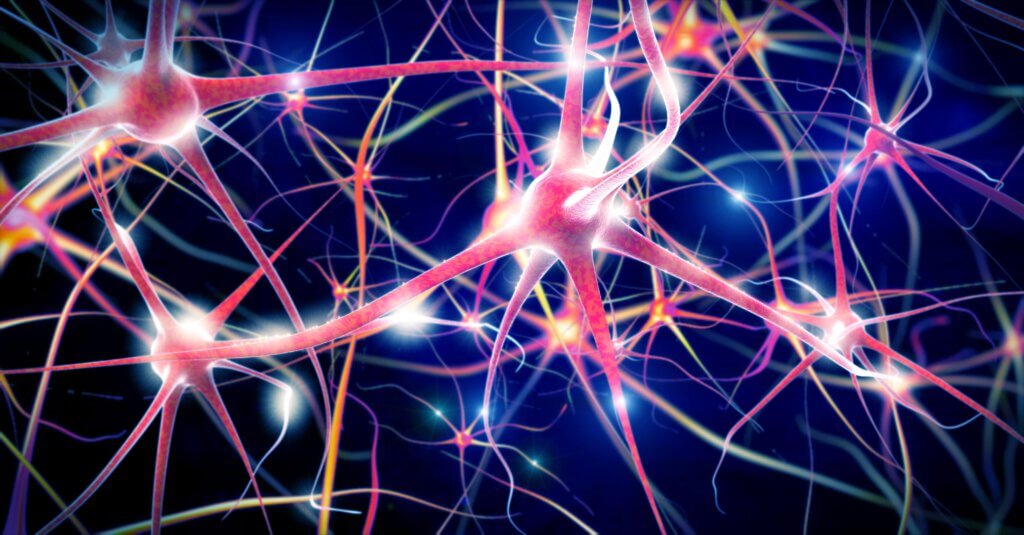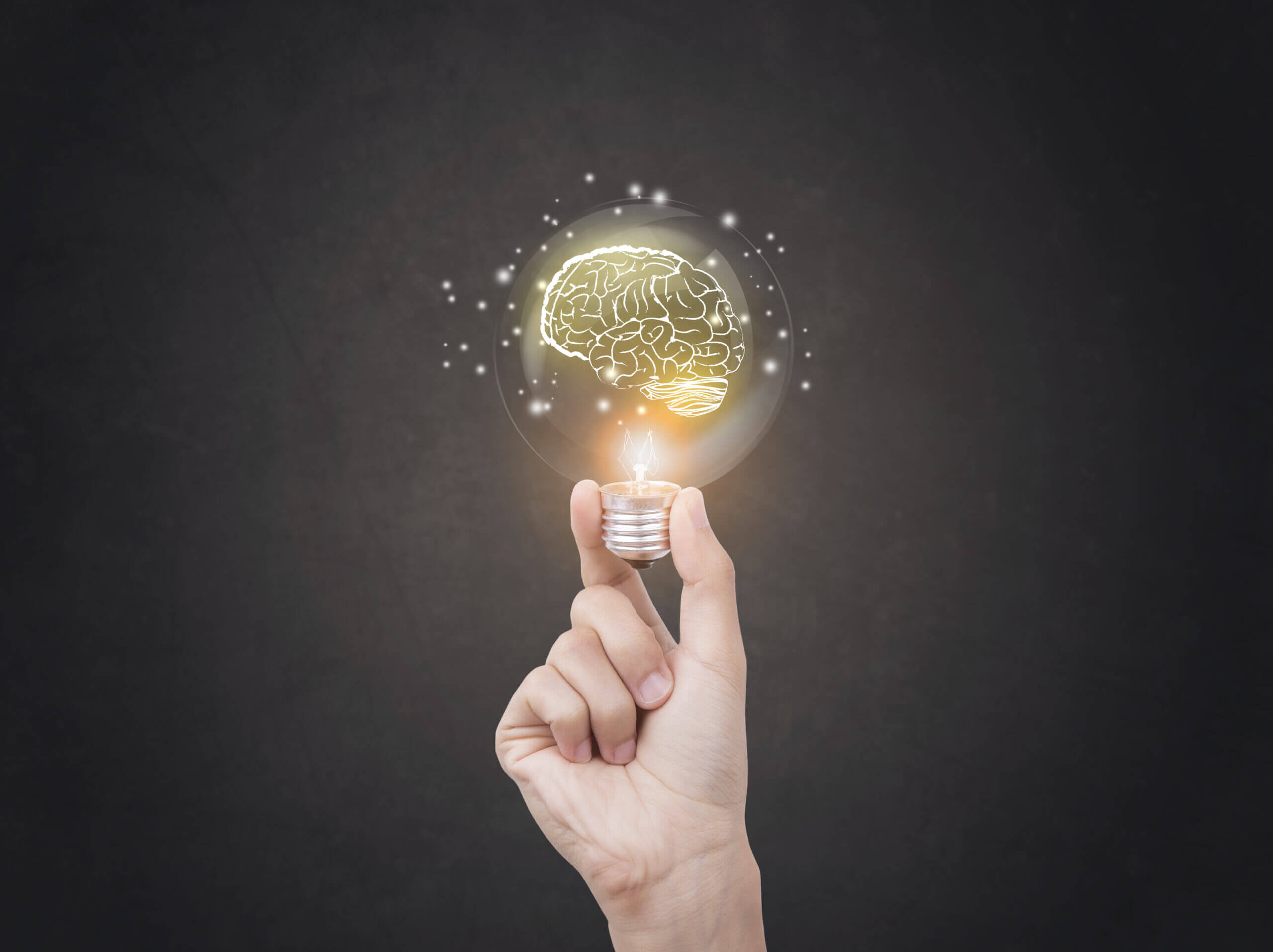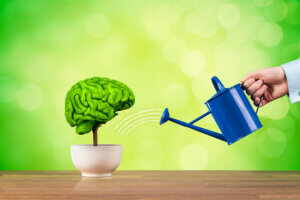Studies conducted in recent years examine the effectiveness of a comprehensive intervention for preserving cognitive health in older adults at risk of dementia. This systemic intervention includes nutrition, physical exercise, monitoring of chronic diseases, and cognitive training. When assessing the risk of developing dementia, various factors beyond genetics are taken into account, such as age, education, gender, blood pressure, cholesterol, diabetes, and body weight. It is known that between variables that can protect us, such as education, and variables that are non-modifiable, such as age, we have a significant opportunity to influence the outcome. The fundamental assumption is that about 50% of these variables can be monitored and intervened upon, primarily through comprehensive treatment and lifestyle changes.
Systemic Intervention:
A large-scale study from Finland (Finger Study) examined the impact of a systemic intervention over two years on a group of approximately 1,300 individuals aged 60 and above, all of whom had a moderate risk of dementia. The participants were divided into two groups: a research group that received a protocol combining nutrition, physical exercise, monitoring of chronic diseases, and cognitive training, and a control group that only received monitoring of chronic diseases, including cholesterol, sugar, and blood pressure. Both groups underwent various cognitive assessments at the beginning of the study, after one year, and at the end of the study after two years. It was found that neither group experienced a decline, and there was even improvement during these two years. This is interpreted as very positive news since careful monitoring and treatment of chronic diseases succeeded in preserving and even improving cognitive function. The research group showed greater improvement, especially in tests measuring processing speed and executive functions.
Systemic intervention for preventing dementia should begin in midlife and vary according to age, with ideal time windows for intervention. For example, in younger ages, it is important to address diabetes, depression, and sleep problems, while in later years, attention should be given to underweight, limited mobility, hearing and vision impairments, and fall prevention. We know that aging processes do not occur suddenly upon retirement but are the result of biological processes that begin in the mid-30s and are highly influenced by brain reserves accumulated throughout life. In addition, there is a growing understanding that health needs change with age, and it is important to understand the specific needs of the third and fourth stages of life, as life expectancy continues to increase. Indeed, there is a growing technological market aimed at developing intelligent solutions to meet the needs of older adults.
What is dementia?
Dementia is a condition that arises from various diseases, with Alzheimer’s disease being the most prevalent (about 70% of cases). Different types of dementia are characterized by different pathological processes and pathological focal points. For example, frontotemporal dementia (FTD) is characterized by frontal lobe involvement and significant personality changes in the earlier stages of the disease.
According to Dr. Bredesen, there are different types of Alzheimer’s disease, some of which share common factors such as genetics and brain pathology related to the accumulation of proteins inside and outside brain cells. Other factors include inflammatory and immune characteristics, metabolic features such as insulin, and toxic-related characteristics. Dr. Bredesen has published several cases in which he successfully reversed the dementia process through a personalized systemic intervention. This is certainly not applicable to all cases, but a systemic approach and customization to the individual’s needs are key to preventive and therapeutic management.
It is important to note that brain health goes beyond the brain itself. If our brain functions optimally, we also maintain our overall health, undergo check-ups, take medications, maintain good activity levels, and engage in social activities. When our brain functions less effectively, our overall function declines, we are less capable of taking care of our health, and we become less active. These aspects are interconnected. It is important to maintain optimal conditions in all areas of life, such as sleep, nutrition, physical activity, general health, and brain stimulation. Our ability to influence our lives in older adulthood requires significant responsibility on the part of each individual, and it begins with asking ourselves: What is neglected in our lives? What is unbalanced? Are we not moving enough? Are we reluctant to leave the house? Are we eating improperly? Are we postponing getting new glasses or hearing devices? Are we neglecting medical check-ups and forgetting to take medications? Are we feeling lonely?
And within all of this, there is the brain. What about the brain? Well, if we feel that we are not adequately challenging our brains, that our cognitive functioning is declining, and that we struggle to learn new things, it’s time to pause and plan a new course. We start from scratch, primarily by dedicating time for our brain, strengthening our ability to concentrate, extending daily brain activity time through activities such as reading, Sudoku, language practice, and most importantly, practicing with the Effective software that constantly pushes us to improve and trying to implement the strategies in our daily lives. This way, we will get to know ourselves better, closely monitor our performance, and prepare ourselves for the future.
Ngandu, Tiia, et al. “A 2 year multidomain intervention of diet, exercise, cognitive training, and vascular risk monitoring versus control to prevent cognitive decline in at-risk elderly people (FINGER): a randomized controlled trial.” The Lancet 385.9984 (2015): 2255-2263.
Bredesen, Dale. The end of Alzheimer’s: The first program to prevent and reverse cognitive decline. Penguin, 2017.



